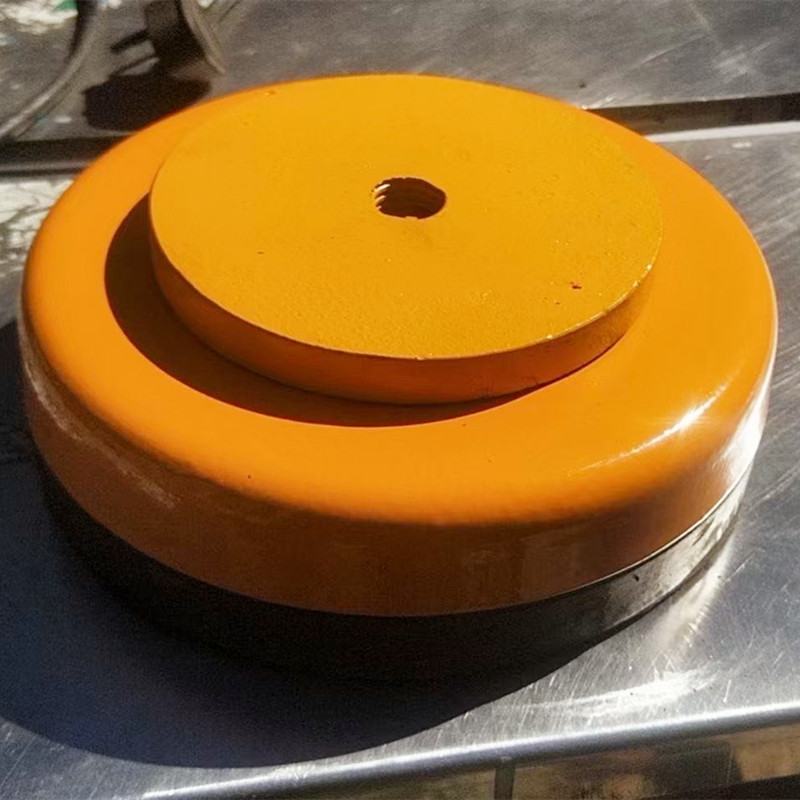Aug . 13, 2024 20:12 Back to list
Understanding the Specifications and Applications of Bore Gauge Measurement Tools for Precision Engineering
Understanding Bore Gauge Specifications An Essential Tool for Precision Measurement
Bore gauges are precision instruments primarily used to measure the internal diameters of cylindrical objects, such as holes, pipes, and tubes. The importance of accurate measurements in engineering and manufacturing cannot be overstated, as even the slightest miscalculation can lead to significant defects in products. The specifications of bore gauges are critical to ensure that they provide reliable and precise readings.
Types of Bore Gauges
There are several types of bore gauges available on the market, including mechanical and electronic versions. Mechanical bore gauges usually consist of a measuring rod with a dial indicator that displays measurements based on a spring-loaded mechanism. These gauges are often used in metalworking and machining settings. On the other hand, electronic bore gauges utilize advanced technologies, such as digital displays and data logging capabilities, providing improved accuracy and convenience for users.
Key Specifications
1. Measuring Range One of the first considerations when selecting a bore gauge is its measuring range. This specification indicates the smallest and largest diameters the gauge can accurately measure. Bore gauges typically cover ranges from a few millimeters to several centimeters, allowing for flexibility in various applications.
2. Resolution The resolution of a gauge refers to the smallest increment it can measure. High-resolution gauges are crucial for precision tasks, as they can detect minute changes in diameter. For instance, a bore gauge with a resolution of 0.001 mm will provide far more exact readings than one with 0.01 mm resolution.
bore gauge specification

3. Accuracy This specification defines how close the measurements taken by the gauge are to the actual values. Accuracy is vital in critical applications where tolerances are tight. A bore gauge with an accuracy of ±0.005 mm, for example, is suitable for high-precision engineering tasks.
4. Calibration Regular calibration of bore gauges is essential for maintaining their accuracy over time. Manufacturers usually provide guidelines on how often the equipment should be calibrated, which can depend heavily on usage conditions and the environment in which the gauge operates.
5. Construction Material The materials used in the construction of bore gauges can affect their durability and performance. High-quality stainless steel or carbide tips are often utilized to enhance wear resistance and ensure longevity, particularly in harsh working environments.
6. Ease of Use The design and usability of bore gauges significantly impact their effectiveness. Features such as ergonomic handles, intuitive controls, and clear digital displays can help operators perform their tasks more efficiently. Additionally, portability can be a critical factor, particularly for professionals who work in various locations.
7. Data Output For electronic bore gauges, the type of data output is important. Options include USB connections for interfacing with computers, Bluetooth connectivity for wireless data transfer, and memory storage for logging measurements. These capabilities allow for better record-keeping and analysis.
Conclusion
In conclusion, understanding bore gauge specifications is crucial for anyone involved in precision measurement. From the type of gauge to its measuring range, resolution, and accuracy, every specification plays a vital role in determining the tool’s effectiveness for specific applications. As industries continue to evolve and the demand for precision increases, investing in high-quality bore gauges equipped with the right specifications will remain a priority for ensuring product quality and operational efficiency. Whether for a professional setting or a DIY project, choosing the right bore gauge can make all the difference in achieving accurate and reliable measurements.
-
Water Valve Gate Design Prevents Leakage and CorrosionNewsJul.11,2025
-
Steel Fab Table Features Reinforced Construction for LongevityNewsJul.11,2025
-
Specialized Valve Designs for High Pressure SystemsNewsJul.11,2025
-
Machinist Gauge Pins Feature Ground and Lapped FinishesNewsJul.11,2025
-
Hose Check Valve Prevents Backflow in Irrigation LinesNewsJul.11,2025
-
Durable Micrometer Tools Withstand Heavy Workshop UseNewsJul.11,2025
Related PRODUCTS









